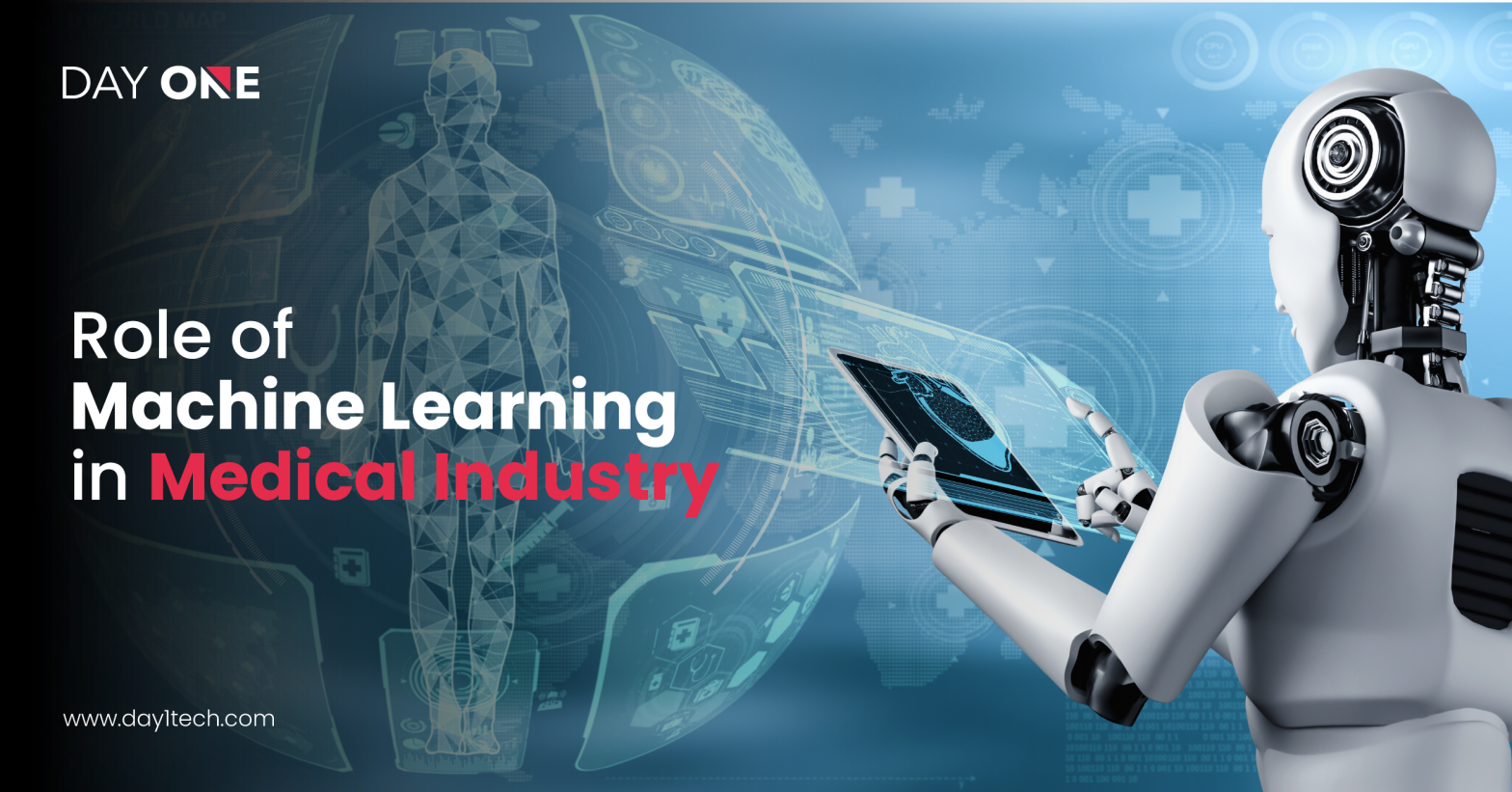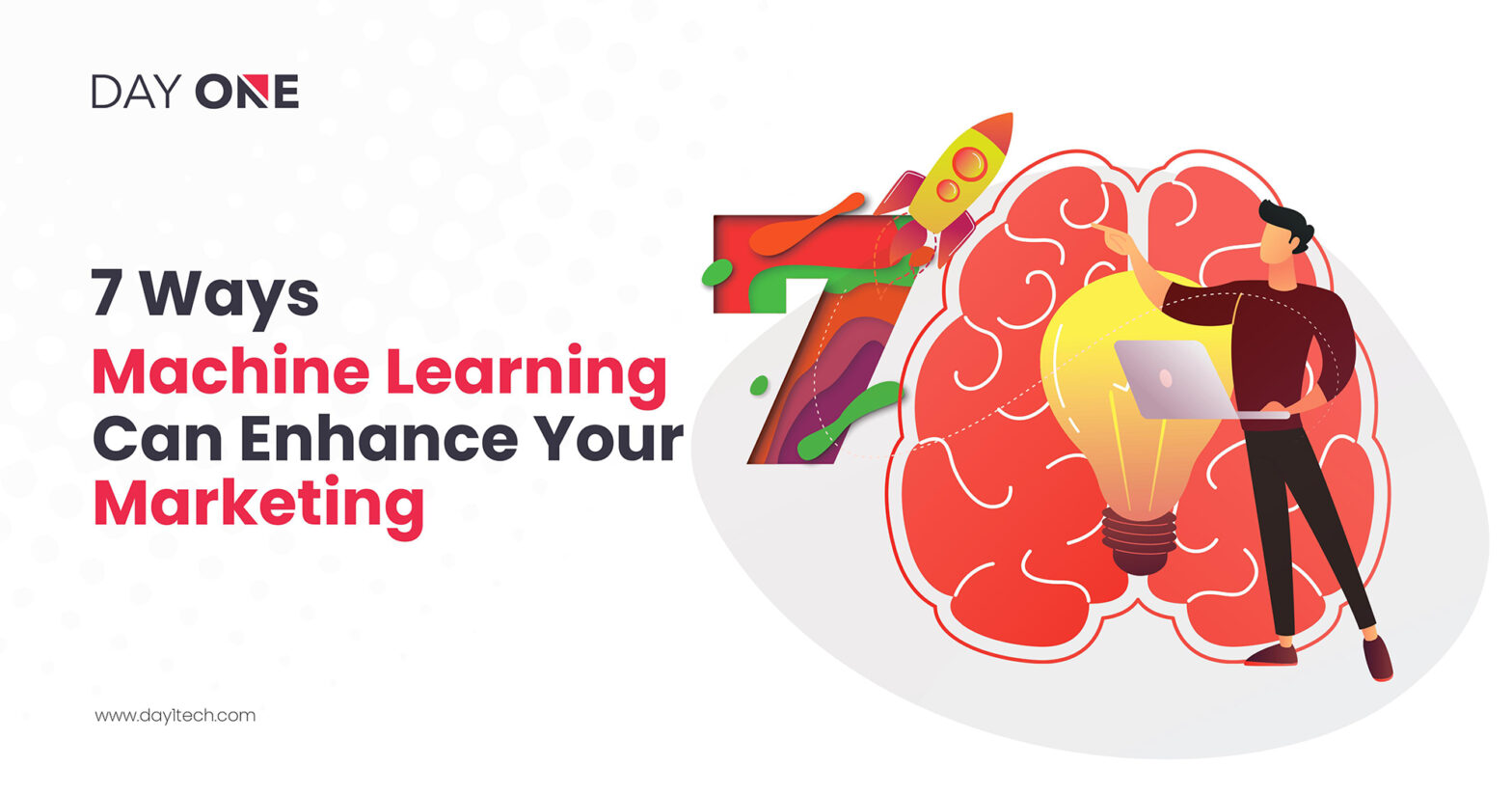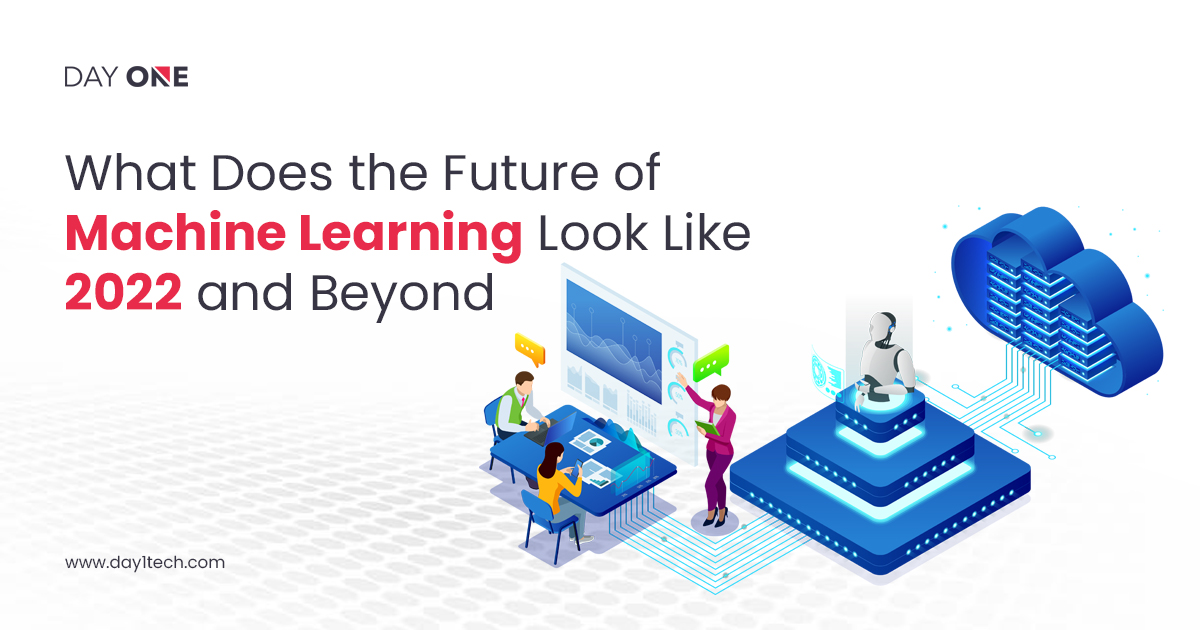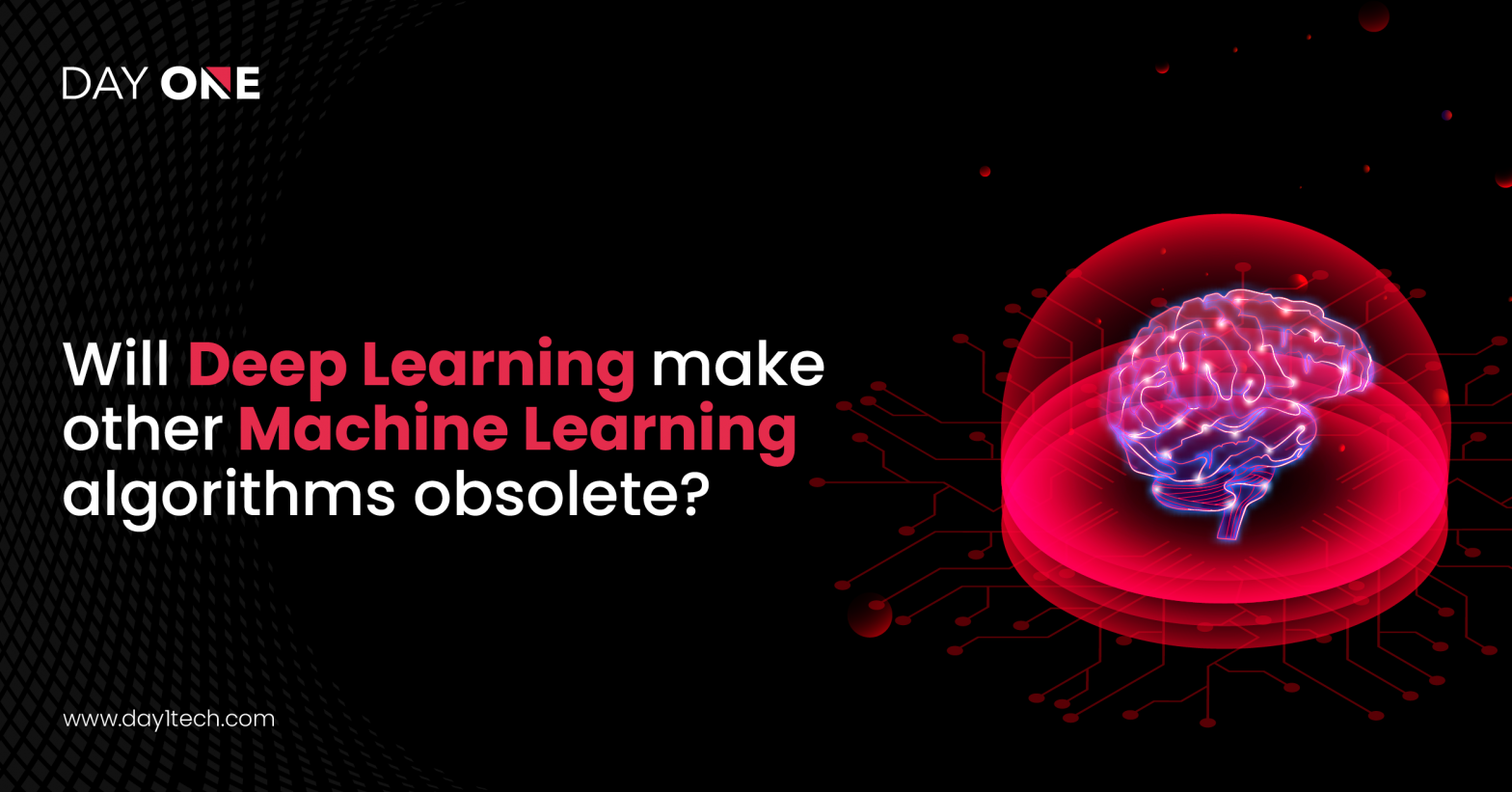What role of Machine Learning in the medical industry?
admin
Machine Learning
August 27, 2021
5 min read

Machine learning is the common form and application of AI (artificial intelligence). It mainly focuses on developing computer programs and processing large data to find patterns for the right decision-making. Machine learning provides the opportunity to learn automatically through systems and without explicitly programmed improvement from your experience. Its applications consist of Algorithms meaning a set of instructions for a system to perform the specific tasks. Machine learning algorithms are mainly designed to allow the computer to learn automatically from the data without human intervention. Without programming, with time, the accuracy of the algorithms improves their prediction.
The machine learning process starts from observation or recorded data or taking instructions to get patterns from data and then make decisions in the future based on observations. Machine learning algorithms have three components: representation; it includes that data should be in the form which computers can handle, evaluation stage, determining that data categorization is useful, optimization, in this algorithm determining the best framework for accurate and effective results.
Applications of machine learning in healthcare:
(a) Diagnose Diabetes: Diabetes is one of the most dangerous and common diseases recognized nowadays. It occurs because of the high level of blood sugar or blood glucose in the body and damages people’s hearts, nerves, and kidneys. With improvement in technology, machine learning could help doctors diagnose or recognize diabetes early and save people. Machine learning algorithms like naive Bayes, decision trees, and KNN build the system which helps to predict diabetes. In terms of computation time and performance, naive Bayes is the most effective and efficient system.
(b) Find and Make drugs: Finding and manufacturing drugs is important for patients’ medical treatments and distribution. Machine learning is a real blessing and beneficial for the pharma industry. With this, their key work means finding and manufacturing safe and helpful drugs for patients becomes easy. Machine learning in healthcare makes drug discovery easier, from screening to success. Now people try to use ML in the medical industry to find and make drugs rather than use candidates for discovering and designing drugs.
(c) Identification And Diagnosis Of Disease: Day by Day, new diseases are growing and evolving, so Machine learning in healthcare is becoming one of the most helpful and effective systems to identify and diagnose these diseases earlier. Many genetic and cancer diseases are not easy to detect or recognize, but machine learning can handle them. The industry hopes that the future of healthcare technology will now rely on machine learning because, with this, the identification and diagnosis of diseases become easier and error-free.
(d) Predicting liver disease: The liver plays an important role in digesting food and functioning metabolism. However, many liver diseases like liver cancer, hepatitis, cirrhosis, and chronic diseases are hard to detect and predict liver disease, using a high amount of recorded medical data. Machine learning like the India liver patient dataset and liver disorder dataset is used for algorithms like clustering and classification to sort data easily and predict diseases earlier.
(e) Personalization Treatment: every person has their type of disease and health issue, so doctors do not recommend the same medicine to all; that is why the healthcare or medicine industry focuses on making more medicines personalized. Machine learning in the medical industry helps people make medicine and make great progress in working well for individual patients. Many institutions nowadays try to build new treatment plans for specific persons or patients after analyzing or studying the patient’s medical histories. The advanced biosensor provides a huge set of data for algorithms that help to get particular and required data for creating personalized medicine or treatment plans. With ML algorithms and applications, it becomes easy to analyze the patient data, which helps doctors to detect and assess the health issues easier.
(f) AI surgery: AI surgery is probably the most effective and popular area where machine learning impacts strongly. Because of machine learning, the future of healthcare technology looks excellent. AI or robotic surgeries are categorized into four categories: surgical workflow modeling, surgical skill evaluation, automatic suturing, and improvement of robotic surgical materials.
Suturing means sewing up the open wound, but with AI surgery like automatic suturing, the process of suturing is shorter and easier, and the pressure of the surgeon also releases. Surgeries done by robots help to reduce the surgeries time and perform surgeries with fewer complications. Machine Learning Algorithms used for healthcare data analytics help evaluate and discover new opportunities or ways to do future surgeries.
(g) Effective Health Records: machine learning improves or helps the healthcare industry for new treatment plans and personalized medicines; it creates the need for smarter and effective health records. Machine learning helps maintain or keep up-to-date data without wasting time, effort, and money. ML features improve the working of the healthcare industry over the years. Machine Learning OCR recognition techniques like ML handwriting recognition technology and cloud vision API help to record data.
(h) Use of NLP Technology: NLP means natural language processing technology; computers can understand people’s text and speech terms. The NLP technology in healthcare helps to recognize potential data through search, analysis, and interpretation. With machine learning algorithms and NLP technology services, you can get relevant data from previous buried texts of people. Thus, NLP technology in healthcare gives voice to unstructured data of healthcare and the capability to understand quality data and help to understand how to improve methods and get good results for patients.
(i) Boost radiotherapy: There is a need for effective machine learning to boost or improve radiotherapy of healthcare. With the medical imaging and analysis, the patients expect assured that they are going through radiotherapy treatment safely. That is why we need ML, which improves radiotherapy and can detect lesions based on already recorded data. No doubt machine learning gives many people satisfaction that they get specialty care, but still, some people demand improvement.
(j) clients use machine learning: Through a machine learning platform, biosymetrics company enables the clients to perform automated Machine learning and evaluate recorded data. It improves work efficiency and reduces time-consuming tasks done by different sectors humans like precision medicine, health systems, technology hospitals, and biopharmaceuticals.
Benefits with AI or Machine Learning in healthcare:
(a) Diagnose disease earlier: AI tools like machine learning help the doctors to compare previous patient’s data with a new one so that they can assess the disease in detail earlier. Through recorded data, machine learning helps doctors to compute the symptoms of disease and diagnosis. With machine learning applications of AI, doctors detect or predict the disease early and take possible steps to overcome future threats.
(b) High Speed Less Cost: Because of machine learning algorithms, healthcare processes now become speedy and incur fewer costs. With AI, doctors identify the biomarkers that help detect disease in the bodies, and machine learning algorithms increase the speed of manual work involved in specific biomarkers. AI or machine learning creates a capability to detect disease faster or less time or cost and save many lives.
(C) Improve Human Abilities And Mental Health: With AI, now robots help the surgeon in the operation theatre and assist patients with medical staff. Robots also help people who are paralyzed to take care of them without any caretaker. Machine learning service robots can handle many tasks and give company to patients. Conversational and companion robots behave like the medical staff. They do necessary checks and tests like blood pressure, taking pills, checking sugar levels, etc.
Challenges with AI or Machine Learning in healthcare:
(a) Store irrelevant data: The main challenge with AI is that in AI systems, thousands of irrelevant data is stored, so through the use of machine learning, getting accurate results will become impossible. The many unorganized and fragmented data are spread all over the world’s data systems.
Making data acquisition is a challenge because many patients change their healthcare and insurance providers very frequently. In addition, the countries where the data used is of low quality and siloed system data then digitize it become more challenging.
(b) Human interference: Many medical professionals and patients have no faith in AI or machine learning systems. Patients are not ready to surrender themselves to the robot for their health treatment rather than professionals. For example, in radiotherapy, radiologists do not want robots because they know if they use them, they can take over their jobs which is harmful to their careers. Without satisfying the patients and professionals, building an AI market and generating machine learning systems is impossible. It is the main challenge for AI companies to convenience humans.
(c) rules and regulations: Worldwide, there are many strict rules and regulations to keep medical records confidential and private. It is not easy to use accurate data among AI systems because of legal violations of these rules. If AI companies want to use patients’ data in machine learning systems, they must first consent to use their medical data.
Explore More Blogs
Testimonials What customers have to talk about us
Finch (previously Trio) – Growth with Investing, with benefits of Checking
Reading Time: < 1 minThe Finch (previously Trio), one of our clients today has reached this level with our expertise and with a great team of developers in Day One, who have made every stone unturned in making this project a big success.
Neel Ganu Founder
USA
Vere360 – VR based Immersive Learning
Reading Time: < 1 minDay One helped Vere360 “fill skill gaps” and build a platform that would cater to their niche and diverse audience while seamlessly integrate the best of #AI and #VR technology.
Ms. Adila Sayyed Co-Founder
Singapore
1TAM – Video Blogging Reimagined
Reading Time: < 1 min‘1TAM’ was only for iOS with gesture-based controls, advanced video compression techniques, and a simple architecture that allowed actions to be completed in 2-3 taps. The real challenge for ‘1TAM’ was to keep it distinct which bought brilliant results with all the strategies and approaches implied for best video compression techniques.
Anwar Nusseibeh Founder
UAE
Fit For Work – The Science of Workplace Ergonomics
Reading Time: < 1 minDay One Technologies came with the expertise that was required and helped in building a platform that is edgy, functional, and smart, delivering engagement and conversions at every step.
Ms. Georgina Hannigan Founder
Singapore
SOS Method Meditation for ‘Busy Minds’
Reading Time: < 1 minDay One Technologies helped in building an innovative mobile app (for #iOS and #Android) that’s easy-to-use, engaging, and data-driven to help users reap the most at every point.






